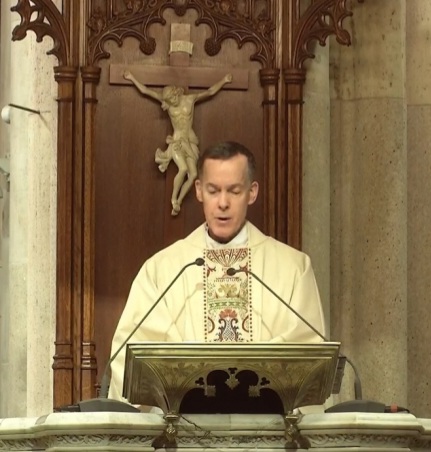From a Spiritual Canticle of St John of the Cross, priest
The knowledge of the mystery hidden within Christ Jesus
Though holy doctors have uncovered many mysteries and wonders, and devout souls have understood them in this earthly condition of ours, yet the greater part still remains to be unfolded by them, and even to be understood by them.
We must then dig deeply in Christ. He is like a rich mine with many pockets containing treasures: however deep we dig we will never find their end or their limit. Indeed, in every pocket new seams of fresh riches are discovered on all sides.
For this reason the apostle Paul said of Christ: In him are hidden all the treasures of the wisdom and knowledge of God. The soul cannot enter into these treasures, nor attain them, unless it first crosses into and enters the thicket of suffering, enduring interior and exterior labours, and unless it first receives from God very many blessings in the intellect and in the senses, and has undergone long spiritual training.
All these are lesser things, disposing the soul for the lofty sanctuary of the knowledge of the mysteries of Christ: this is the highest wisdom attainable in this life.
Would that men might come at last to see that it is quite impossible to reach the thicket of the riches and wisdom of God except by first entering the thicket of much suffering, in such a way that the soul finds there its consolation and desire. The soul that longs for divine wisdom chooses first, and in truth, to enter the thicket of the cross.
Saint Paul therefore urges the Ephesians not to grow weary in the midst of tribulations, but to be steadfast and rooted and grounded in love, so that they may know with all the saints the breadth, the length, the height and the depth – to know what is beyond knowledge, the love of Christ, so as to be filled with all the fullness of God.
The gate that gives entry into these riches of his wisdom is the cross; because it is a narrow gate, while many seek the joys that can be gained through it, it is given to few to desire to pass through it.
RESPONSORY 1 Corinthians 2:9-10
No eye can see, no ear can hear, no heart can imagine
– the marvels that God has prepared for those who love him.
Yet God has revealed them to us through his Spirit.
– The marvels that God has prepared for those who love him.
O God, who gave the Priest Saint John an outstanding dedication to perfect self-denial and love of the Cross, grant that, by imitating him closely at all times, we may come to contemplate eternally your glory. Through our Lord Jesus Christ, your Son, who lives and reigns with you in the unity of the Holy Spirit, God, for ever and ever.





Recent Comments